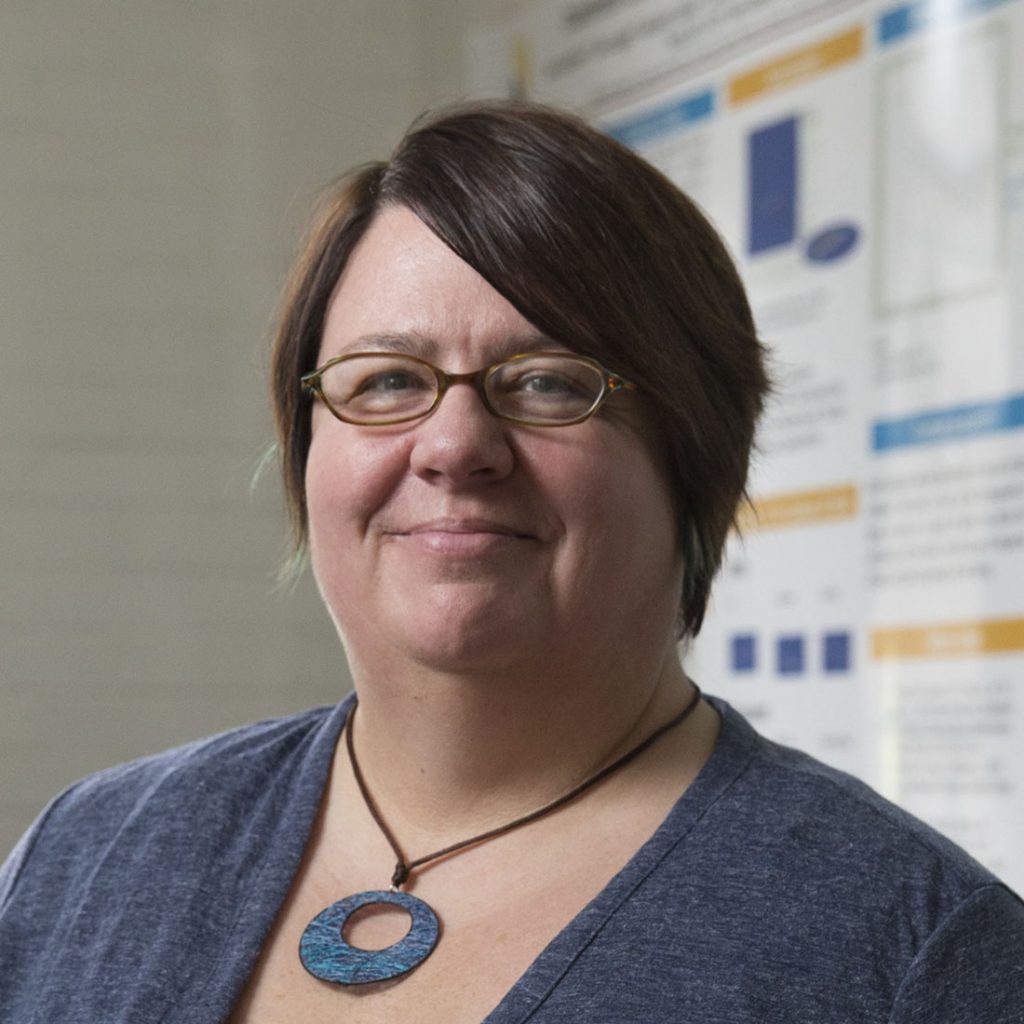ASTR 1103L - Introductory Astronomy Laboratory
Course Description
This course is a one-summer-session, 1-credit laboratory course to accompany topics studied in Astronomy 1103. No previous laboratory experience is needed. Although we will have some observational component to the lab THIS IS NOT AN OBSERVATIONAL LAB but rather a lab meant to familiarize you with certain techniques and measurements in astronomy.
Course Objectives
- Spark students’ curiosity and wonder about astronomical objects, astrophysical phenomena, and the physical world in general.
- Develop students’ understanding of the physical processes, astronomical objects and astronomical phenomena studied by astronomers.
- Familiarize students with modern astronomical research methods and some of the most ground breaking recent astronomy research results.
- Develop students’ skills in making conclusions using logical, evidence based reasoning.
- Develop adequate skills in mathematical concepts and quantitative reasoning.
- Learn how scientists acquire, organize and apply knowledge about nature based on experiments and observations.
Course Materials
Textbook: Astronomy: At Play in the Cosmos
Adam Frank, W. W. Norton & Company, Inc.
ISBN: 978-0-393-60298-2
eBook: https://digital.wwnorton.com/cosmos
Video Game: At Play in the Cosmos
https://digital.wwnorton.com/cosmosgame
Use Student Set ID: 55380 to purchase access to the video game.
This game can be run on any platform.
Your Instructor

Katrin SchenkAssociate Professor of Physics
B.S., University of California at Los Angeles; M.S., Ph.D., Cornell University
Katrin has a Ph.D. in theoretical physics from Cornell University and now does computational neuroscience/ethology research. She received her training in computational neuroscience during her tenure as a Sloan-Swartz Postdoctoral Fellow in Computational Neuroscience at the University of California, San Francisco.
Her research is focused on understanding the underlying dynamics of animal behavior and how knowledge of these dynamics can inform us about the effects of disease processes and environmental and/or genetic perturbations. Her research makes use of real behavioral data taken by collaborators in the fields of psychiatry, physiology, neurology, neuroscience and medicine and her main plans involve long term collaborations with experimentalists in the fields of geriatrics, psychiatry, and physiology.
She came to Randolph College because she is passionate about involving undergraduates in original research and because Randolph College’s high faculty to student ratio, flexible administration, and committed science faculty make it an ideal environment for fostering collaborations with undergraduates.